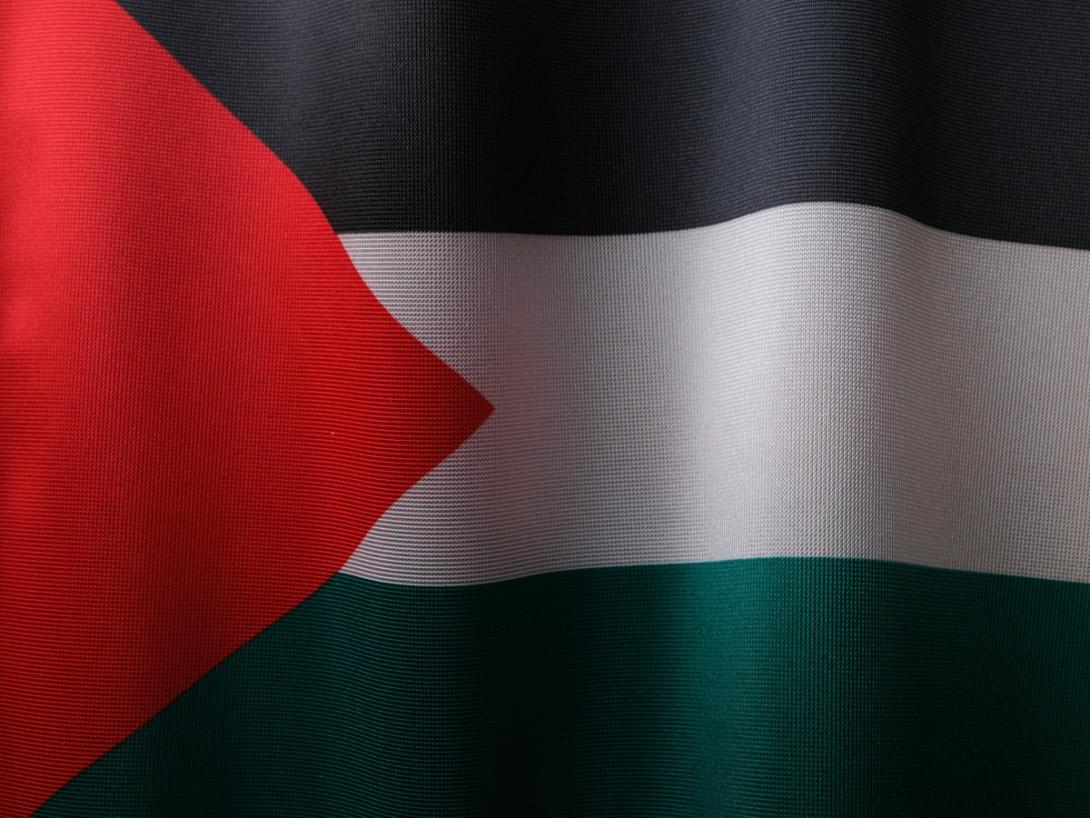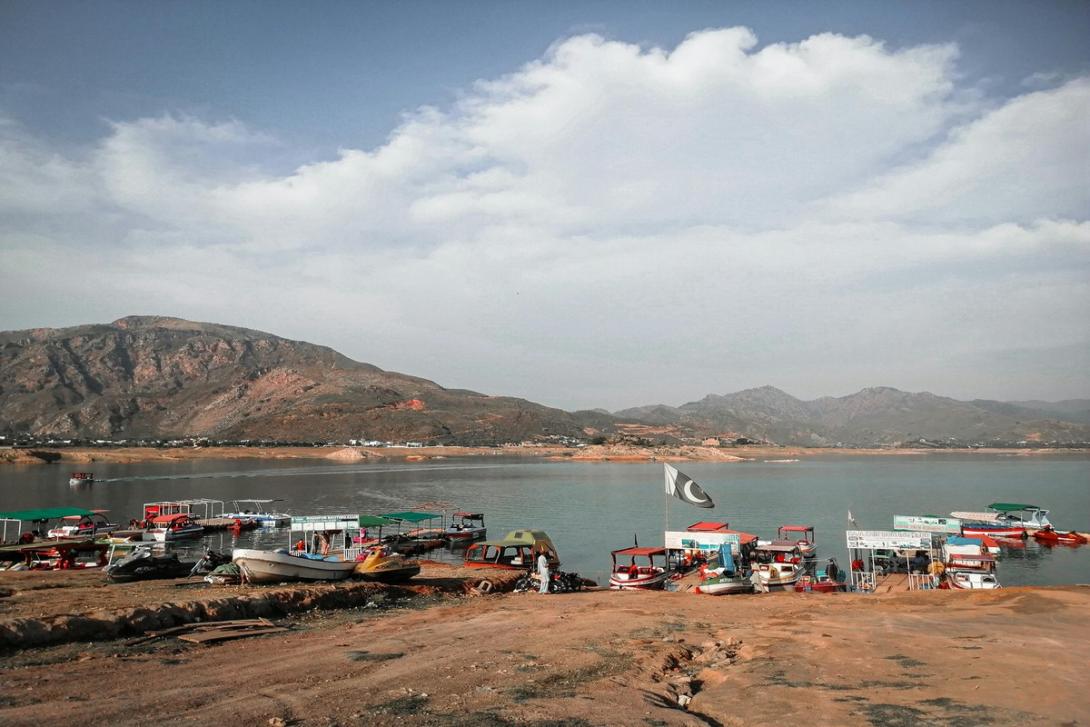
Pakistan, a country rich in culture and traditions, is facing a serious issue - domestic violence. Despite its beautiful landscapes and strong community spirit, many people are experiencing violence within their own homes. This article investigates the complexities of domestic violence in Pakistan, discussing its prevalence, root causes, and the ongoing fight for justice.
The Grim Statistics: A Nationwide Problem
According to the Human Rights Commission of Pakistan (HRCP), over 90% of Pakistani women have experienced domestic violence at some point in their lives [National Commission for Human Rights, Pakistan]. This statistic paints a bleak picture, showing how widespread the problem is. The Aurat Foundation, a leading women's rights organization, reported over 4,775 cases of domestic violence in 2020 alone [National Commission for Human Rights, Pakistan]. These numbers only represent reported cases, with many incidents going unreported due to social stigma and fear of retribution.
Beyond the Numbers: Various Forms of Domestic Violence
- Domestic violence isn't just physical abuse; it includes a range of harmful behaviors, such as:
- Physical violence: Hitting, kicking, burning, and other forms of physical assault.
- Psychological violence: Humiliation, threats, intimidation, and emotional manipulation.
- Sexual violence: Marital rape, forced sexual acts, and denial of conjugal rights.
- Economic abuse: Controlling finances, denying access to resources, and preventing employment.
- These forms of abuse, often used together, create an environment of fear and control, destroying the essence of a safe and loving home.
- The Roots of the Problem: A Complex Mix of Influences
- Understanding the root causes of domestic violence in Pakistan means considering a mix of factors:
- Social Norms: Patriarchal societal structures often see women as inferior to men, justifying controlling behavior and violence.
- Lack of Education: Low literacy rates, especially among women, can limit their awareness of their rights and access to support services.
- Economic Dependence: Women's financial reliance on husbands makes it hard for them to leave abusive relationships.
- Weak Law Enforcement: Poor implementation of existing laws and low conviction rates for domestic violence perpetrators create a sense of impunity.
- Cultural Practices: Customs like child marriage and honor killings normalize violence and perpetuate a cycle of abuse.
- These factors combine, trapping many women in a cycle of violence.
- A Beacon of Hope: The Fight for Justice
- Despite the daunting challenges, there are signs of hope. The Pakistani government has enacted laws like the Domestic Violence (Prevention and Protection) Act 2020, which criminalizes various forms of domestic abuse and provides protection for victims. Civil society organizations like the Aurat Foundation and the Shirkat Gah Women's Resource Center offer vital support services, including shelters, legal aid, and counseling. Educational initiatives that aim to raise awareness about domestic violence and empower women are gaining momentum.
- However, there is still much work to be done. Law enforcement needs to be strengthened to ensure effective implementation of legislation. Attitudes in society need to shift towards gender equality and respect for women's rights. Public awareness campaigns can play a crucial role in breaking the silence around domestic violence and encouraging victims to seek help.
Conclusion: Breaking the Chains
Domestic violence is a stain on Pakistan's social fabric. It violates human rights and hinders true social progress. By recognizing the seriousness of the issue, addressing its root causes, and supporting survivors, Pakistan can create a future where homes are safe havens of respect for everyone. The fight against domestic violence is a collective responsibility, requiring a united effort from the government, civil society organizations, and individuals.
References:
Grim Statistics:
According to the Human Rights Commission of Pakistan (HRCP), over 90% of Pakistani women have experienced domestic violence at some point in their lives (National Commission for Human Rights, Pakistan).
Beyond the Numbers:
The Aurat Foundation, a leading women's rights organization, reported over 4,775 cases of domestic violence in 2020 alone (National Commission for Human Rights, Pakistan).
Reference List:
National Commission for Human Rights, Pakistan. Human Rights Commission of Pakistan. https://hrcp-web.org/hrcpweb/


